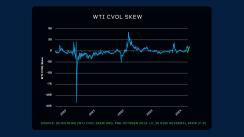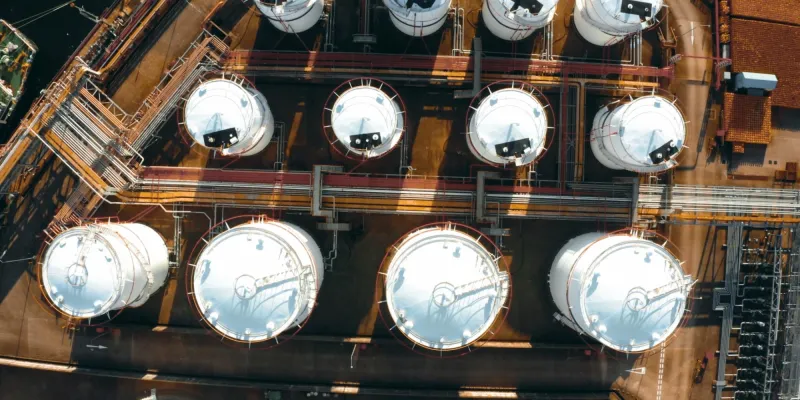Erik Norland, CME Group
At a Glance:
- Despite ongoing geopolitical conflict, oil prices and volatility are relatively low
- A rise in U.S. crude production and weak demand in China are helping oil inventories maintain average levels
Considering many factors like the Russia-Ukraine war, OPEC+ cutting production by 3.6 million barrels per day and conflict in the Middle East, many traders might be surprised to find out that oil prices are only around $82 per barrel and that implied volatility on crude options are trading at relatively low levels below 40%.
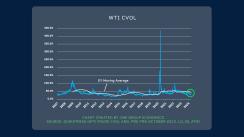
So why are crude oil prices not higher and more volatile? Part of the answer lies in inventories. Crude and product inventories are right around their seasonally adjusted averages for the past five years. This suggests that at least some cushion exists in the event of a supply disruption.
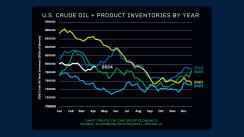
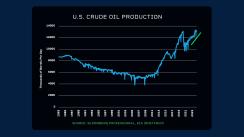
The second reason is weak demand. China buys about 10 million barrels per day in the international markets, and its economy has been growing much more slowly than it was a few years ago. Slow growth in China often hits oil prices with a lag of about 12 months and may be among the factors preventing a further rise in global crude prices.
Higher Prices Expected?
That said, traders are displaying some signs of nervousness. The skew on CME Group’s WTI CVOL index is quite positive at the moment, suggesting that some traders are buying out of the money call options to protect themselves from the possibility of much higher prices.
